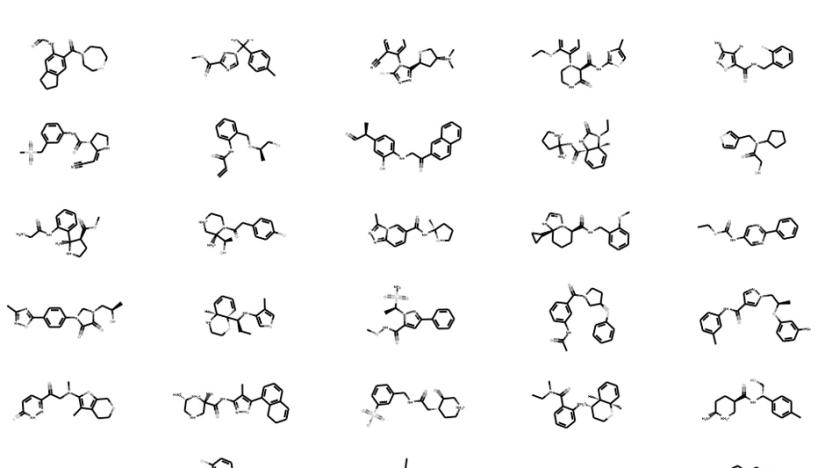DrugResearch
Latest

MIT researchers automate drug design with machine learning
Developing and improving medications is typically a long and very involved process. Chemists build and tweak molecules, sometimes aiming to create a new treatment for a specific disease or symptom, other times working to improve a drug that already exists. But it takes a lot of time and a lot of expert knowledge, and attempts often end with a drug that doesn't work as hoped. But researchers at MIT are using machine learning to automate this process. "The motivation behind this was to replace the inefficient human modification process of designing molecules with automated iteration and assure the validity of the molecules we generate," Wengong Jin, a PhD student in MIT's Computer Science and Artificial Intelligence Laboratory, said in a statement.

Experimental drug could restore memories after brain injury
An experimental drug could have major implications for patients suffering from memory disabilities caused by traumatic brain injury (TBI). In tests, the drug known as ISRIB completely restored the ability to learn and remember in brain-injured mice -- even on those that were treated up to a month after injury. The findings are contrary to most research on brain trauma, which claims treatments must be carried out urgently to preserve normal function.

Watson ponders careers in cooking, drug research as IBM makes it earn its keep
While mad game show skills are nice and all, IBM has started to nudge Watson toward the door to begin paying its own freight. After a recent foray into finance, the publicity-loving supercomputer has now brought its number-crunching prowess to the pharmaceutical and pastry industries, according to the New York Times. If the latter sounds like a stretch for a hunk of silicon, it actually isn't: researchers trained Watson with food chemistry data, flavor popularity studies and 20,000 recipes -- all of which will culminate in a tasting of the bot's freshly devised "Spanish Crescent" recipe. Watson was also put to work at GlaxoSmithKline, where it came up with 15 potential compounds as possible anti-malarial drugs after being fed all known literature and data on the disease. So far, Watson projects haven't made Big Blue much cash, but the company hopes that similar AI ventures might see its prodigal child finally pay back all those years of training.

Researchers in the Netherlands develop a microfluidic chip for testing drug reactions
Researchers at the University of Twente in the Netherlands have developed an extremely small microfluidic chip that simulates chemical reactions commonplace in the human body, for testing drug reactions. The device is around a thousand times smaller than the usual electrochemical cell (the volume of the chip's main fluid channel is a mere 9.6 nanoliters) and uses electrodes to control the chemical reactions. It's already been used to conduct tests on Amodiaquine, an anti-malarial drug, with more studies sure to follow. While this is great news for medical science, we have to wonder what the small army of slackers, malingerers, and college students are going to do when they're no longer able to make money as human guinea pigs. Become bloggers?[Via PhysOrg]


